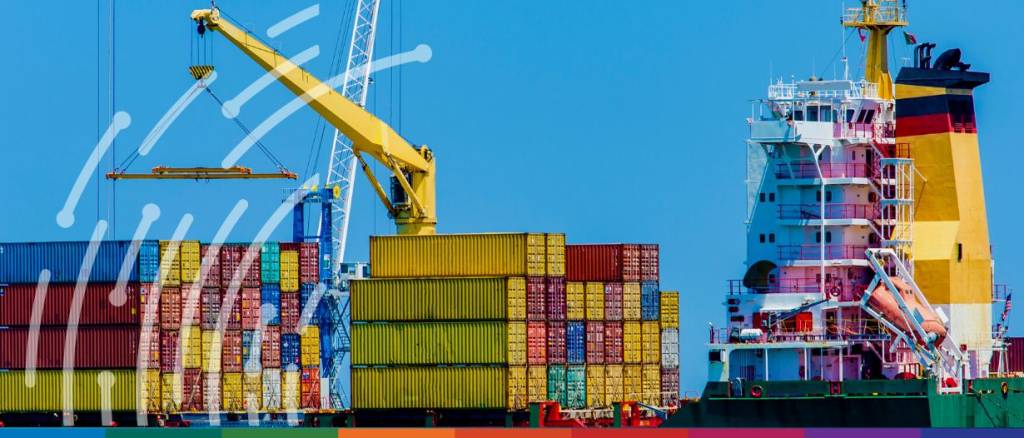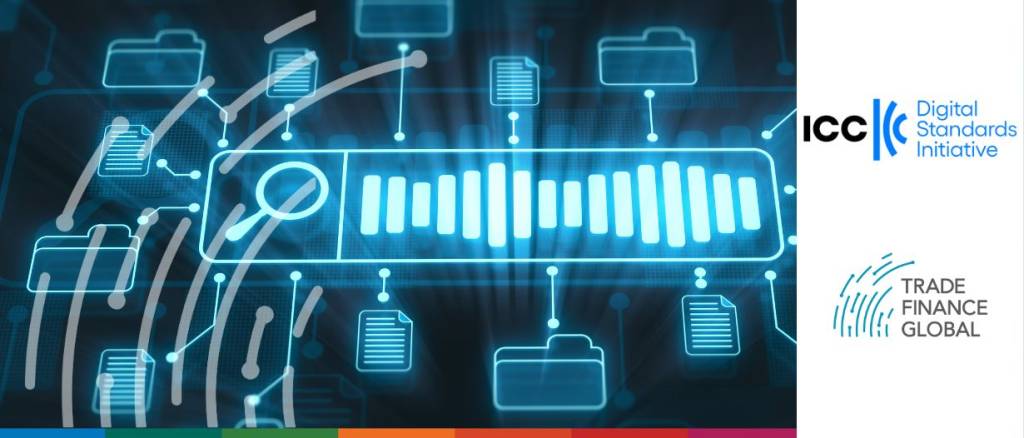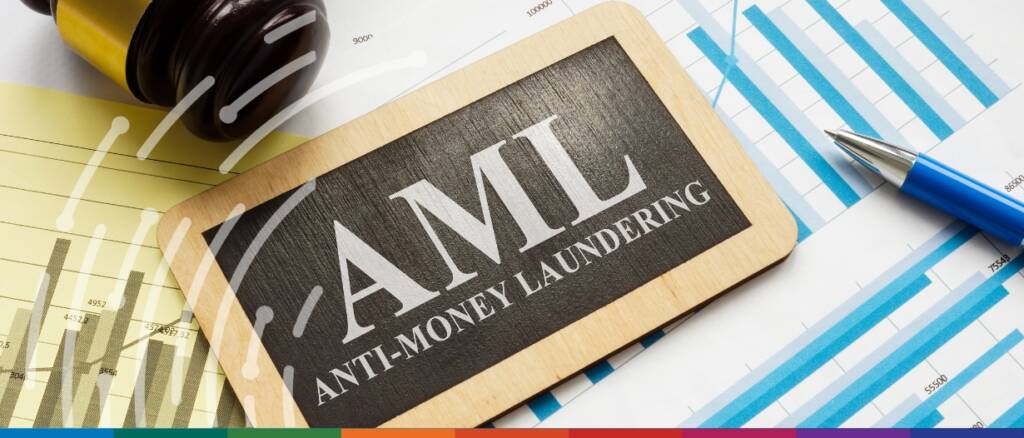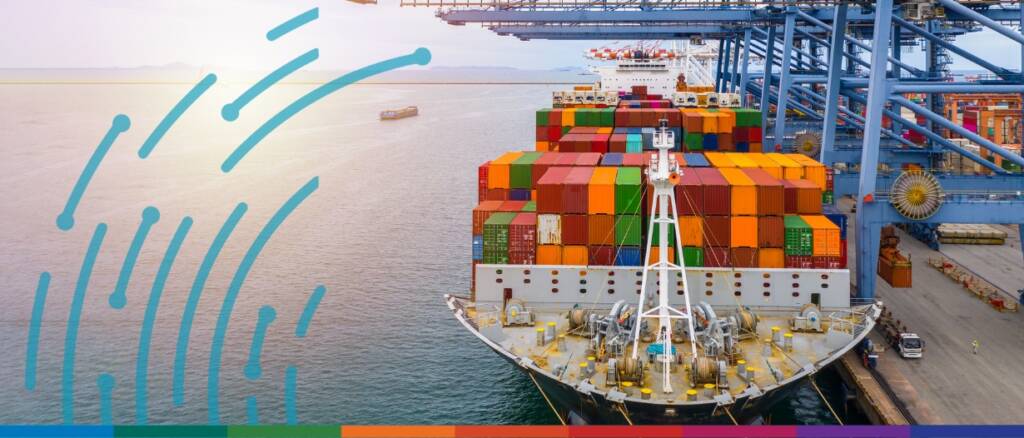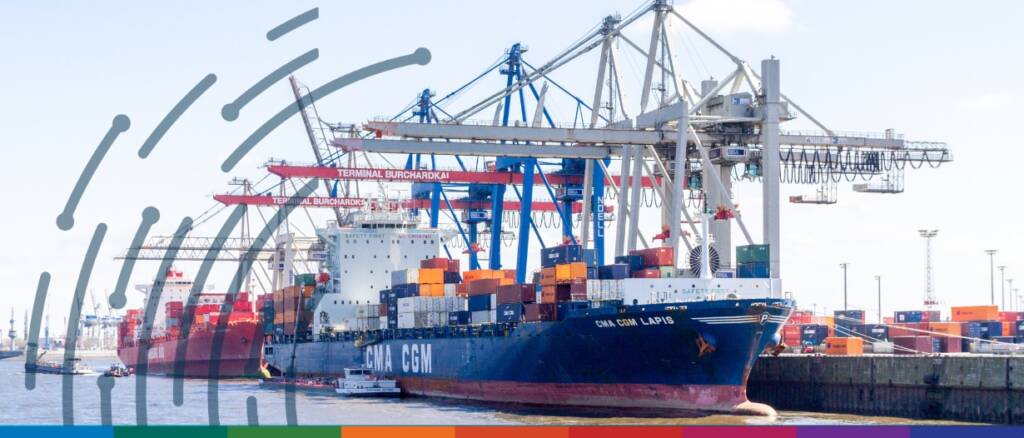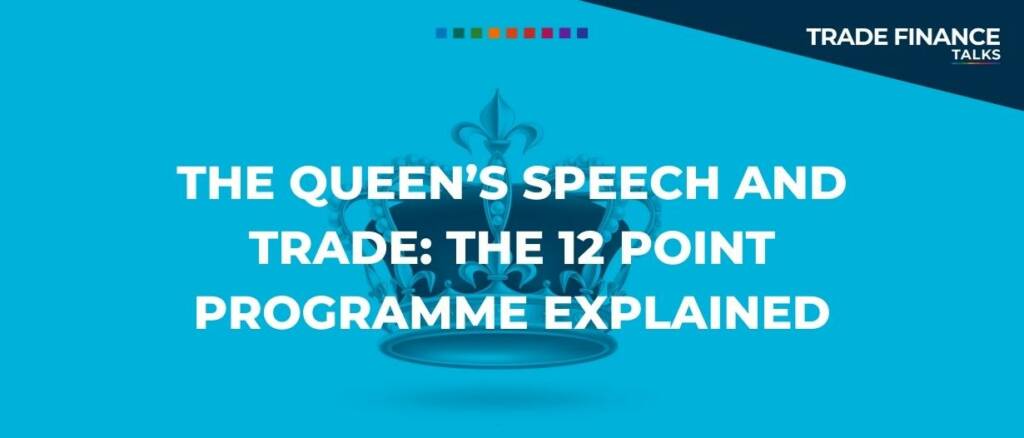Get your import & export processes right by understanding the key elements of Incoterms, Ex Works (EXW), common mistakes & best practices.
Today, the ICC DSI released their 2023 Key Trade Documents and Data Elements (KTDDE) report. The report outlines 14 key trade documents, going into depth on the definitions, purpose, and legal frameworks.
In this episode of Trade Finance Talks, Brian Canup, assistant editor at TFG, was joined by Channing Mavrellis, director of the Illicit Trade Program at Global Financial Integrity, to delve into the world of TBML. Together, they explored the latest developments and insights surrounding trade-based money laundering (TBML) practices.
The Single Trade Window (STW) is a technology concept proposed within the 2025 UK Border Strategy, published by the Cabinet Office in 2020. It builds upon the recommendation and guidelines proposed by the United Nations Centre for Trade Facilitation and Electronic Business (UN/CEFACT).
Australia is a very attractive destination in this sense, as the Australian government has a very open policy towards foreign investors.
With so many of our daily goods coming from abroad, Incoterms play a much more significant role in our lives than most of us realise. To help clarify the subject, Trade Finance Global (TFG) spoke with Holly Jade O’Leary, co-founder and director of Alinea Customs.
Incoterms® are the international terms which determine business-to-business practice in the transport and delivery of goods published by the International Chamber of Commerce (ICC). They set out the important fundamentals of the Incoterms® rules, and the contracts surrounding a typical contract of sale for export/import.
Today TFG is delighted to announce the launch of its global customs hub.
Everything you need to know about the Queen’s speech and it’s implications on trade.
WTO and WCO on the role of technology in cross-border trade, TFG’s Marcus Lankford investigates key findings..















